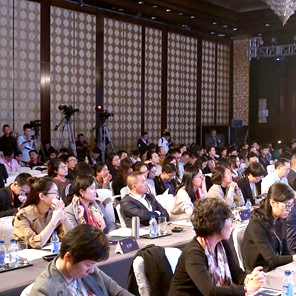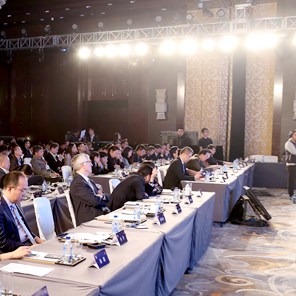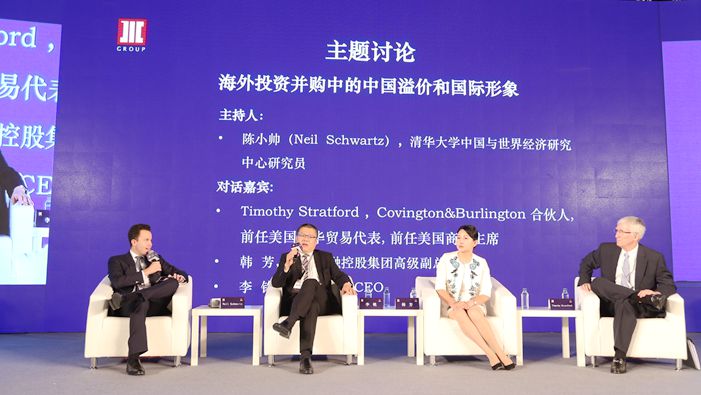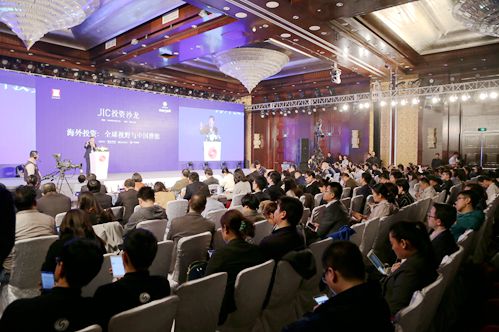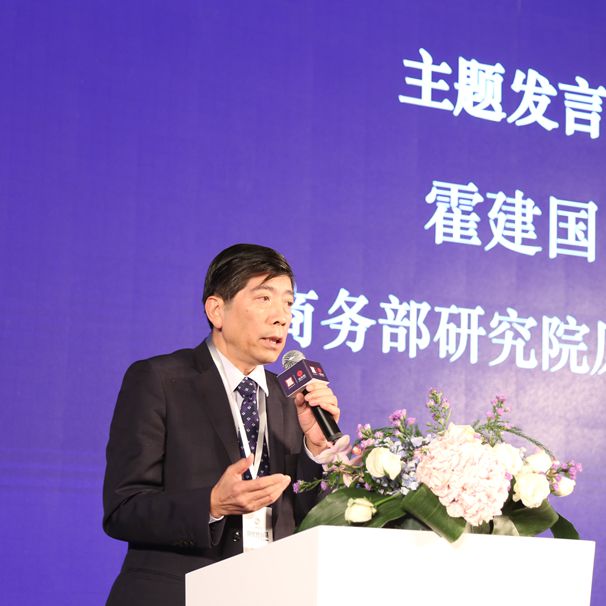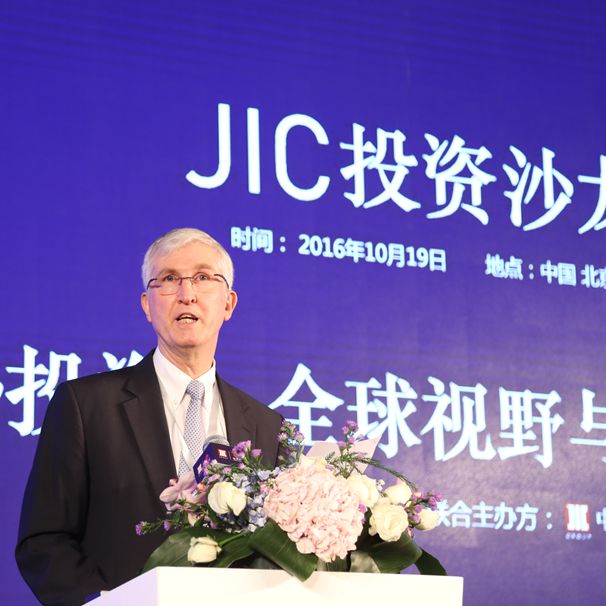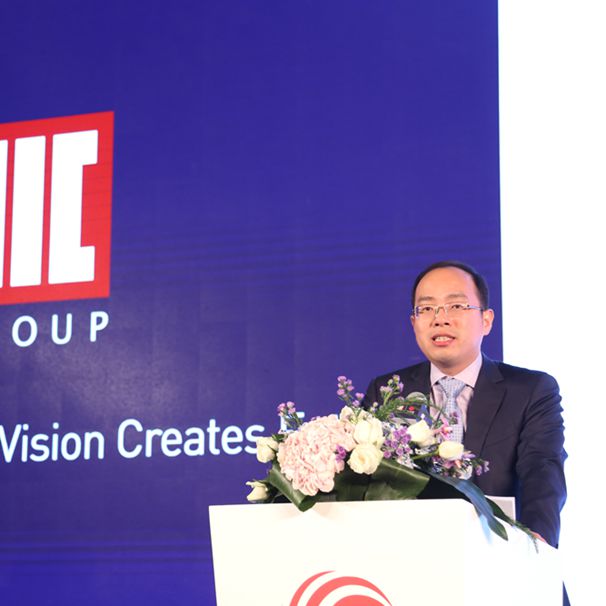Huo Jianguo(Former Director of Chinese Academy of International Trade and Economic Cooperation, Ministry of Commerce)
Currently the most important issue for overseas investment is risk. There is still room for improvement in terms of our ability to handle an international investment environment and to deal with multinational corporations. Now a lot of enterprises would readily jump on any overseas investment opportunity without due diligence. Investment projects can be highly varied and complex and cannot be dealt with in such a manner. Therefore, the question of how enterprises can select areas of investment that suitable for them is critical and it requires discretion and a global vision.
As a result, the enterprises need to learn about and grasp the global market as well as the changes that are taking place within the market. In addition, the Wall Street has an uncanny ability to influence the market, so you can only see clearly by watching the Wall Street, the financial markets and the investment risks closely.
In addition, attention needs to be paid to internal risks, in which the biggest one is the personnel. Internal integration and the effective allocation of human resources is the first step for modern enterprises, but it is by no means an easy step, so companies still have a lot to learn. China is bound to play an important role in international investment rules, so the country repeatedly voiced its intention to actively participate in global governance at the G20 summit. However, global governance is an intricate process that requires consultations among major powers, and China represents the interests of developing countries. There is the question of how China can effectively conduct the consultations with other major powers in order to reach a basic consensus on global governance. In my opinion, China will likely start drawing on the blank spots first to materialize its role and influence.
We are well aware that participation in global governance is not to destroy it all or go back to the drawing board again. Global governance is definitely not about who is to dominate an issue at some point in time, but involves effective performance, the building of a foundation and accumulation of influence at each and every turn. Our influence and leadership reside in the recognition and trust from other countries around the globe.
China is striving towards building a new open-up economy, with one of the key objectives, that is to cultivate the new edge for enterprises to compete effectively in global competitions. Now we are in the process of learning the ropes, so enterprises need to continually improve themselves in order to adapt to changes in the global market and become better at handling a complex international investment environment.
